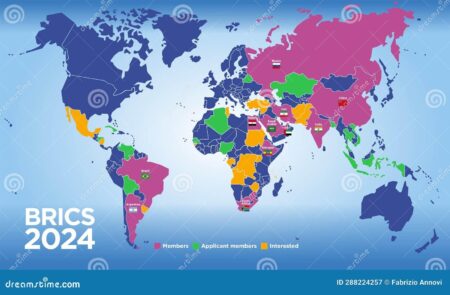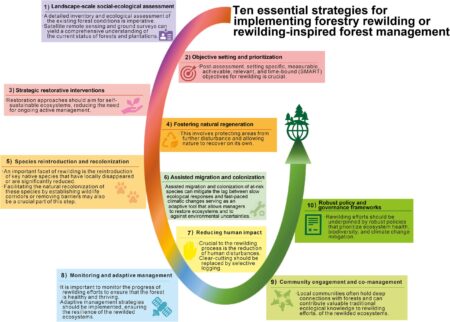Iceland, Slovenia, and Spain Stand Together Against Israel’s Eurovision Involvement Amid Political Strife
In a important show of unity, Iceland has aligned with Slovenia and Spain to express their disapproval of Israel’s participation in the forthcoming Eurovision Song Contest. This decision emerges during a period marked by escalating political tensions in the region, where numerous nations have voiced apprehensions regarding Israel’s actions amid the ongoing Palestinian conflict. These countries contend that such a cultural event should embody principles of peace and solidarity rather than serve as a stage for political disputes. This collective stance underscores an increasing trend among European nations to reevaluate their cultural affiliations in light of geopolitical challenges.
Detractors argue that involvement in this globally recognized event should foster unity and celebrate diversity instead of ignoring urgent humanitarian issues. As debates intensify, several critical points arise concerning the ramifications of Israel’s continued presence at the contest:
- political pressure: Growing demands for boycotts from various activist organizations.
- Artistic Integrity: Proponents stress the importance for artists to advocate on social justice matters.
- Solidarity Initiatives: Performances and campaigns that spotlight specific cultural narratives from affected regions.
Cultural Repercussions of Eurovision Boycotts: Insights from Iceland and Beyond
The joint decision by Iceland, Slovenia, and Spain to boycott Israel’s participation in eurovision has sparked extensive discussions about the cultural implications surrounding this iconic event. Participants and fans are actively engaging in debates regarding how these boycotts reflect broader political sentiments. The controversy raises vital questions about how artistic expression intersects with political statements—especially within a contest traditionally celebrated for its diversity and inclusivity. The effects of these actions can be viewed through multiple perspectives; supporters see it as a strong message advocating human rights while critics argue it politicizes what should be an artistic platform focused on musical talent.
The recent decisions highlight several factors essential for understanding the cultural consequences tied to Eurovision boycotts. Notably, these actions can shape public opinion and alter perceptions regarding involved countries. They illustrate an emerging trend where artists and nations utilize Eurovision’s global visibility as a means to voice dissent against perceived injustices. Key observations include:
- Cultural Identity: National performances increasingly convey political messages, reshaping how countries present themselves on international stages.
- Muso Activism: Artists are more inclined to leverage their platforms for advocacy purposes, drawing attention to contentious global issues.
- audience Responses: Viewers may align or oppose based on underlying political themes which could influence voting behaviors and engagement levels.
Exploring the Future of Eurovision: Demands for Political Neutrality in Arts
The recent opposition by Iceland alongside Slovenia and Spain against Israel’s involvement in Eurovision underscores an increasing intertwining between politics and cultural events.
Calls​ for​ maintaining neutrality within arts, especially during entertainment spectacles like Eurovision are becoming more pronounced.
Critics assert that such platforms ought to remain spaces dedicated solely to unity while celebrating diversity without being tainted by geopolitical controversies.
The backlash against Israeli participation is rooted deeply in concerns over ongoing conflicts along with worries about how such involvement might affect festival values centered around inclusivity among nations.
This movement not only highlights the need for establishing clear boundaries between politics versus culture but also prompts inquiries into future directions taken by international arts showcases.
As tensions escalate across various global contexts,the integrity associated with events like Eurovision will increasingly hinge upon balancing artistic expression alongside prevailing political sentiments.
As nations navigate their roles within this creative sphere,upcoming editions of Eurovision may need to address these challenges while fostering environments conducive to creativity unencumbered by burdensome agendas related directly towards politics.
In Summary
Iceland’s choice to join forces with Slovenia and Spain against Israel’s participation at Eurovison reflects rising tensions surrounding both art forms intertwined closely linked together through international relations today.
As we approach closer towards this anticipated contest date ahead—this stance taken collectively could potentially reshape public sentiment further igniting larger conversations revolving around intersections found between culture & diplomacy worldwide! With its legacy known primarily due celebrating diverse voices—the actions undertaken here serve as poignant reminders illustrating complexities often hidden beneath surface-level artistry displayed throughout history itself! As developments unfold moving forward—all eyes shall remain fixated upon dialogues emerging amidst backdrop provided via this highly awaited annual festivity!




